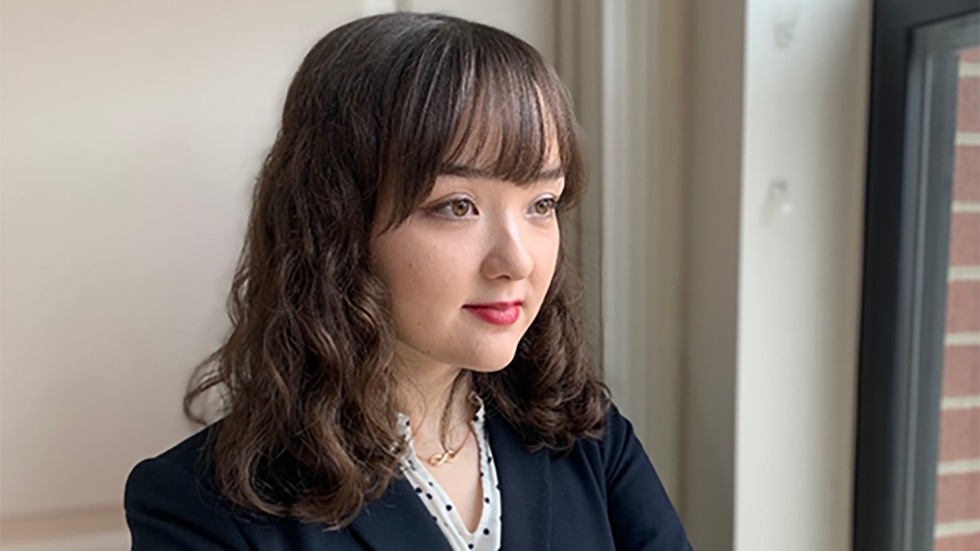Hometown:
Denver, Colorado
Concentration:
International and Public Affairs (Development Track)
As you near the end of your undergraduate studies, what are some of the most valuable experiences you have gained as a student of IAPA and an IAPA DUG leader? How did your experience as a DUG leader enhance your studies in IAPA?
The IAPA concentration has given me the opportunity to learn from many knowledgeable and supportive professors within the classroom, through research assistantships and other extracurricular opportunities. Last year, for example, I worked with Dr. Geri Augusto to create a virtual art exhibit which explores the legacies of colonialism within development studies. This semester, I am working with Dr. Kristen Kolenz to organize an event on April 18 entitled “Strategizing for Climate Justice: A Conversation with Indigenous Youth Activists.” The event will showcase the climate justice activism of three Indigenous women working to spark change at the intersection of climate justice and Indigenous sovereignty. Finally, I am proud to serve as an IAPA DUG leader; providing support to other IAPA students through our DUG events and through our new IAPA Mentorship Program has been an incredibly rewarding experience.
Please describe briefly your research with the Costs of War project, as well as any other research you have conducted with Watson.
The Costs of War Project is a research project based at the Watson Institute which seeks to shed light on the many human, economic, and sociopolitical costs of the post-9/11 wars. I am so grateful to have had the opportunity to work as a research assistant at the Costs of War Project for nearly three years under Dr. Catherine Lutz and Dr. Stephanie Savell. During my research assistantship, I analyzed U.S. global counterterror military activity and helped produce yearly maps revealing the extent of U.S. counterterrorism operations. Additionally, I had the opportunity to work as a research assistant on Dr. Lutz’s project evaluating the environmental remediation of current and former military sites in Guam.
How has your academic and research experience with Watson contributed to your future plans and goals?
My two research assistantships at the Watson Institute as well as my ongoing research assistantship at the Climate and Development Lab have greatly helped me hone my research skills and become more knowledgeable in issues of both military and environmental policy. After graduation, I will work as a Research Associate at the Environmental Law Institute, where I will use my research and writing skills to help create equitable environmental law and policy solutions.
